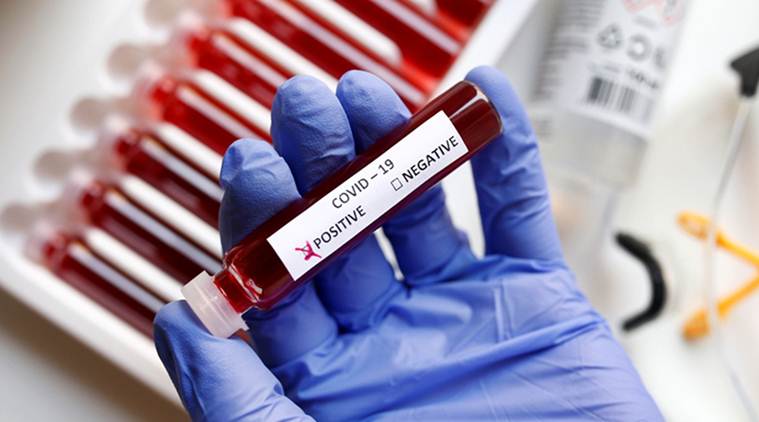 Meanwhile, 9,983 new cases and 271 deaths were reported in the last 24 hours. (Representational)
Meanwhile, 9,983 new cases and 271 deaths were reported in the last 24 hours. (Representational)
Amid the debate over the Delhi government’s attempt to test only those who are symptomatic, top technocrats at the Centre have said that as the Covid-19 case count rises, cities like Delhi and Mumbai may need to adopt a “mitigation” strategy which involves testing only those who are hospitalised.
However, senior officials in the Health Ministry have ruled out any immediate change in the current testing strategy.
Meanwhile, 9,983 new cases and 271 deaths were reported in the last 24 hours.
The total case count has now touched 2,56,611 (7,200 deaths, 1,24,430 recovered).
“Right now, we are in the grey zone, as we are still trying to contain the spread of the disease through contact tracing. However, for cities like Delhi and Mumbai, where the spread is so wide, they will, at some point, have to move to a mitigation strategy, where the idea is to save resources for people who need it the most. Testing will have to be limited to only those who are hospitalised, while others stay at home. This is a call the state governments will need to take, but this has been the international experience,” said a top technocrat at the Centre.
The other option is to open up testing, but there are limitations in the number of testing kits available. The ICMR has maintained that India is still very far from the peak – the point at which the daily case count will show a dip.
“We have expanded testing, we are looking at eventually expanding to half-a-million per day, but even then a mitigation strategy will have to be adopted at some point, in some places at least if not the entire country. When and where? We are grappling with this question right now,” he said.
While opinion is divided on whether these cities have entered the mitigation phase, officials are keeping a close watch on the situation. However, the general consensus is that hard decisions will need to be taken.
According to the ICMR’s current protocol, those who qualify for testing are: symptomatic people with travel or contact history, healthcare or frontline workers, severe acute respiratory infection (SARI) patients, asymptomatic direct and high-risk contacts of a confirmed case (between fifth and tenth day of coming in contact), any person who develops symptoms in a hospital or containment zone, and migrants who develop symptoms.
Sources said rapid antibody tests, which were suspended after complaints that the imported kits were faulty, may be re-introduced soon. Officials said the indigenous antibody testing kits may be sufficient to meet the domestic demand.
The Lancet Respiratory Medicine, in an editorial on March 16, said: “Mitigation planning for widely established infection – as seen in China, Italy, Iran and South Korea – is essential to enable optimum care for patients, maintenance of essential hospital services and provision of ongoing support for infected people in the community to minimise disruption to society, public services, and the economy in the event of a prolonged pandemic. The higher rates of severe or fatal cases in Italy compared with other countries with major outbreaks (eg South Korea) might reflect the older population in affected regions of Italy and highlight the need to tailor mitigation plans to local demographics.”
Meanwhile, there are concerns about the contact tracing efforts undertaken by the Delhi government. “If you look at how many contacts Delhi is tracing for every patient, it is quite low. It is not that they have given up contact tracing completely, but they are very reluctant,” said a senior Union Health Ministry official.
Health Secretary Preeti Sudan held a high-level review meeting on Monday, via video conference, with officials from 45 municipalities/ municipal corporations across 38 districts in 10 states – Maharashtra, Telangana, Tamil Nadu, Rajasthan, Haryana, Gujarat, Jammu and Kashmir, Karnataka, Uttarakhand and Madhya Pradesh – that have reported a surge in cases.